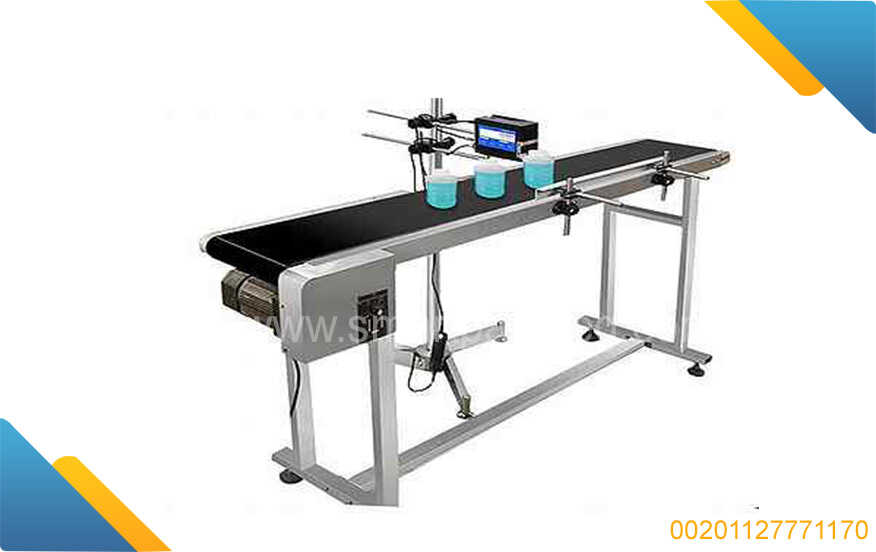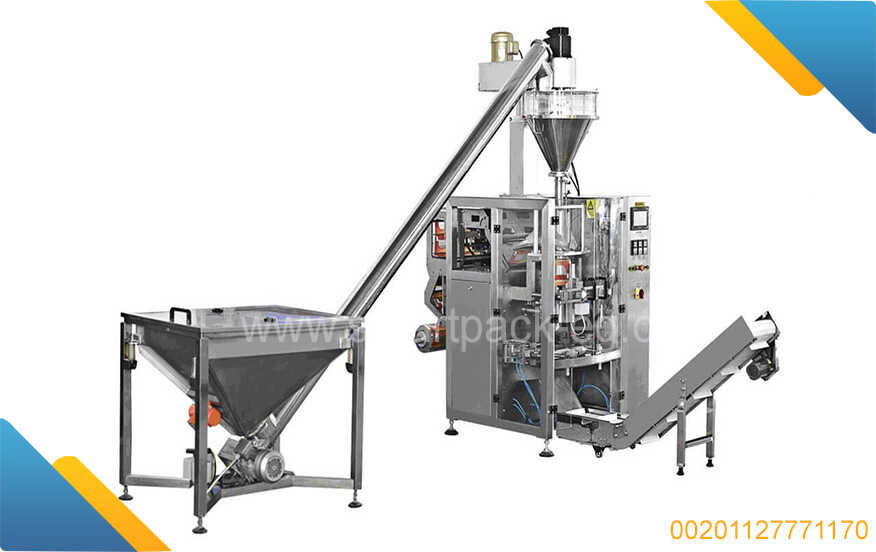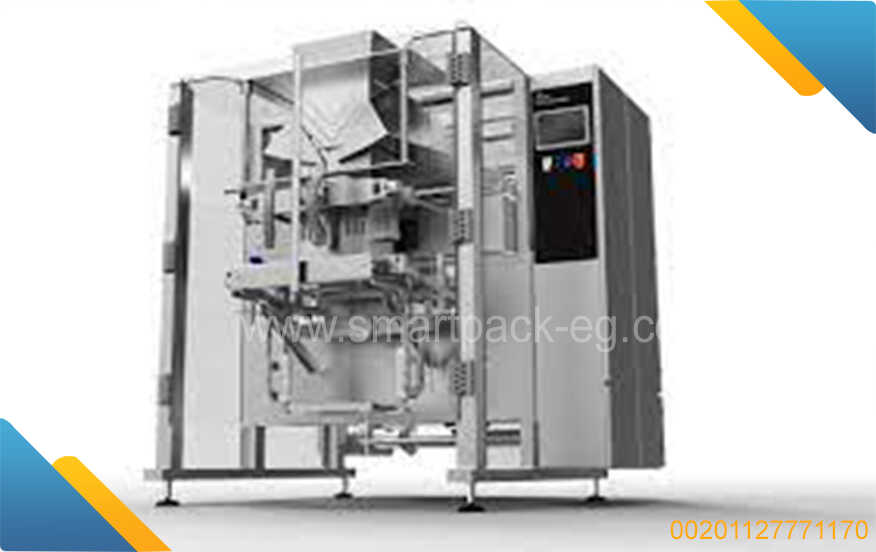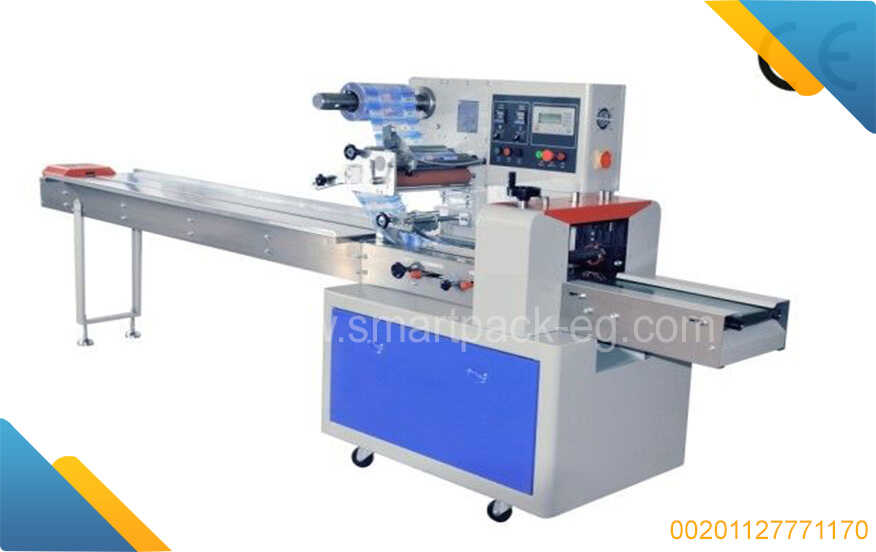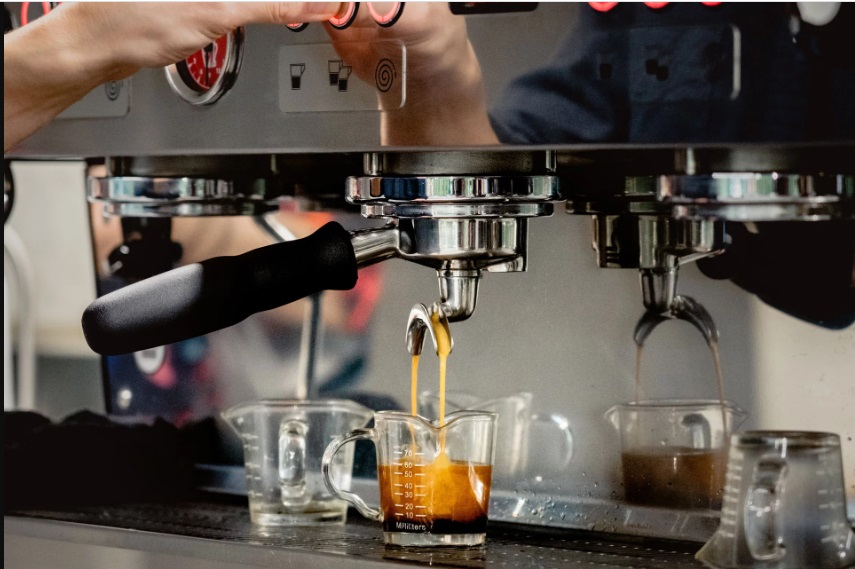Title: A Comprehensive Guide: Used Oil Filling and Packaging Machines - Recycling and Selling in Egypt
Introduction:
Welcome to this comprehensive guide, covering the process of used oil filling and packaging machines in Egypt, with a particular focus on recycling and selling. In this guide, we will walk you through the necessary steps, regulations, and considerations involved in this industry. By the end of this guide, you will have a clear understanding of how to effectively manage used oil filling and packaging machines while making a positive impact on the environment.
Table of Contents:
-
Understanding Used Oil Filling and Packaging Machines
-
Recycling and Sustainable Practices in Egypt
-
Government Regulations and Environmental Policies
-
Considerations for Setting Up a Business
-
Optimal Usage Techniques
-
Selling and Marketing Strategies
-
Conclusion
-
Understanding Used Oil Filling and Packaging Machines:
Used oil filling and packaging machines are critical tools within the oil industry that allow for efficient handling and distribution of bulk oils or lubricants. These machines ensure accurate filling and secure packaging, thereby maintaining product integrity throughout the supply chain. -
Recycling and Sustainable Practices in Egypt:
Egypt is becoming increasingly committed to sustainable practices. Recycling used oil has gained significant attention due to its harmful effects on the environment when not properly managed. Fortunately, recycling used oil can be both profitable and environmentally beneficial. -
Government Regulations and Environmental Policies:
Before venturing into used oil filling and packaging machine recycling, businessmen must familiarize themselves with the government regulations and environmental policies in Egypt. Compliance with these regulations is essential for a smooth operation. -
Considerations for Setting Up a Business:
When setting up a business related to used oil filling and packaging machines, it is important to:
a) Obtain necessary permits and licenses from local authorities.
b) Conduct market research to identify potential customers.
c) Determine the budget requirements for investment in machinery, infrastructure, and workforce.
d) Establish a reliable supply chain for used oil collection.
e) Consider the logistics involved in waste transportation and recycling.
-
Optimal Usage Techniques:
To maximize the efficiency of used oil filling and packaging machines:
a) Conduct regular maintenance to ensure optimal performance.
b) Train employees on the correct operation and handling of the machines.
c) Keep the machines clean to avoid contamination of the products.
d) Monitor and record production data to identify areas for improvement. -
Selling and Marketing Strategies:
To effectively sell recycled oil:
a) Ensure compliance with quality standards and obtain necessary certifications.
b) Create a strong brand image that communicates the environmental benefits of recycled oil.
c) Establish partnerships with local industries or automotive service providers that can benefit from recycled oil.
d) Leverage digital marketing strategies to reach a wider audience and promote your products.
Conclusion:
Recycling used oil through an effective used oil filling and packaging machine system can generate not only financial returns but contribute towards a greener future. By adhering to government regulations, implementing sustainable practices, and adopting optimal usage techniques, businesses in Egypt can play a significant role in promoting environmental conservation while thriving in the industry. We hope this guide has equipped you with the knowledge needed to embark on this journey and make a positive impact.



 Admin
Admin 